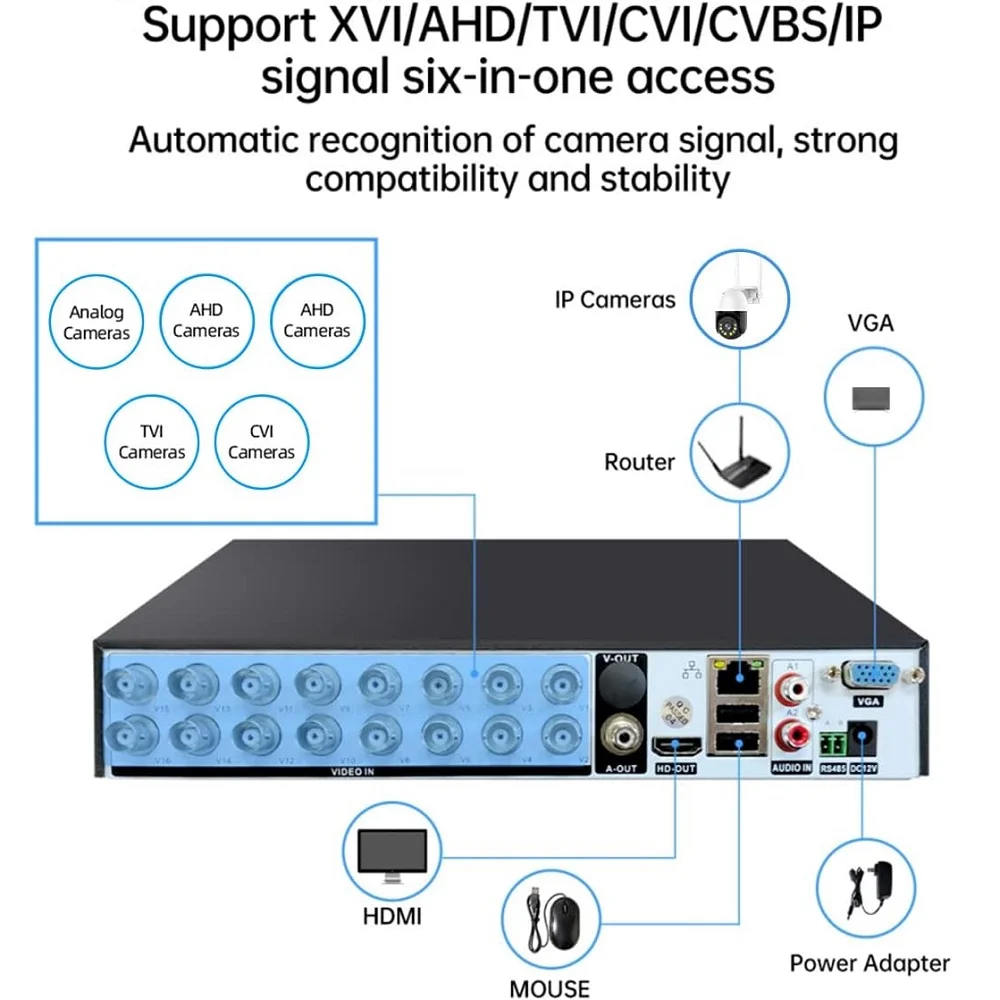In today’s digital age, where cybersecurity breaches loom large and threats to sensitive information abound the concept of ethical hacking emerges as a crucial safeguard. Ethical hacking, penetration testing, and white-hat hacking, involve authorized professionals employing technical prowess to identify vulnerabilities within systems, networks, or applications. This proactive initiative enables organizations to fortify their defenses against malicious attacks by understanding and rectifying potential security loopholes before cybercriminals exploit them. To embark on this noble endeavor, ethical hackers rely on an arsenal of sophisticated tools and techniques designed to simulate real-world cyber threats, thereby bolstering the resilience of digital infrastructure. In this exploration, we delve into ethical hacking, uncovering its principles, practices, and the top tools wielded by ethical hackers in their mission to fortify our digital frontiers.
The burgeoning awareness of cybersecurity risks has elevated it into a coveted career choice. As society becomes more reliant on digital platforms, the demand for skilled professionals with the ability of safeguarding sensitive data skyrockets. Pursuing a Masters in cyber security India offers a comprehensive curriculum tailored to equip individuals with the expertise needed for this dynamic field. The program delves deep into cybersecurity fundamentals, from intricate cryptography to advanced threat detection techniques, imparting practical skills for tackling evolving cyber threats. With hands-on experience and specialized knowledge gained through such education, graduates emerge primed to excel as adept cybersecurity professionals in the ever-evolving digital landscape.
What is Ethical Hacking?
Ethical hacking, also popularly known as penetration testing or white-hat hacking, is a proactive initiative to cybersecurity to identify and mitigate vulnerabilities within computer systems, networks, or applications. Unlike malicious hackers, ethical hackers operate with legal authorization to assess and fortify digital defenses. They uncover weaknesses that cybercriminals could exploit through simulated attacks and vulnerability assessments. Ethical hackers employ diverse tools and techniques to mimic real-world threats, allowing organizations to shore up their security posture before falling victim to malicious intrusions. Businesses, governments, and other entities can enhance their resilience against cyber threats by conducting ethical hacking assessments, ultimately safeguarding sensitive data and maintaining trust in the digital realm.
Top Ethical Hacking Tools
- Invicti: Formerly known as Acunetix, Invicti is a robust web application security testing tool designed to identify vulnerabilities in web applications and APIs. It employs advanced scanning techniques to detect common security flaws such as cross-site scripting (XSS), SQL injection, and other vulnerabilities that could compromise the integrity of web assets.
- Nessus: Nessus is a widely used vulnerability assessment tool that helps identify security issues within networks and systems. It conducts comprehensive scans to pinpoint vulnerabilities, misconfigurations, and potential threats across a range of devices and platforms. Nessus provides detailed reports and remediation recommendations to assist in strengthening security postures.
- Nikto: Nikto, is an open-source web server scanner that specializes in identifying potential vulnerabilities and misconfigurations in web servers. It performs exhaustive scans to detect common issues like outdated software versions, insecure server configurations, and known security weaknesses, helping administrators secure their web servers against potential exploits.
- Nmap: Nmap, short for Network Mapper, is a powerful network scanning tool used for reconnaissance and network discovery. It allows ethical hackers to map out network topologies, identify active hosts, and discover open ports and services. Nmap’s versatile capabilities enable security professionals to assess network security postures and identify potential entry points for cyber attacks.
- NetStumbler: NetStumbler is a popular wireless network discovery tool primarily used for detecting and analyzing wireless networks (Wi-Fi). It helps ethical hackers identify nearby wireless access points, analyze signal strength, and detect potential security vulnerabilities such as open networks or rogue access points, aiding in the assessment and fortification of wireless network security.
- Kismet: Similar to NetStumbler, Kismet is a wireless network detection tool but offers more advanced features. It can passively detect wireless networks, capture data packets, and analyze wireless traffic. Kismet is valuable for monitoring wireless network activity, detecting unauthorized access, and assessing the security of wireless communications.
- Cain & Abel: Cain & Abel is a multipurpose password recovery and network sniffing tool used for ethical hacking and security auditing. It can intercept network traffic, perform man-in-the-middle attacks, crack password hashes, and conduct various other security assessments. Security professionals often use Cain & Abel to test the strength of passwords and assess network security vulnerabilities.
- Intruder: Intruder is a cloud-based vulnerability scanning tool designed for continuous security monitoring and threat detection. It automatically scans networks, web applications, and APIs for vulnerabilities, providing real-time alerts and detailed reports on security issues. Intruder’s proactive approach helps organizations stay ahead of emerging threats and maintain robust security postures.
- Netsparker: Netsparker is a dynamic web application security scanner that automates identifying vulnerabilities in web applications and APIs. It performs in-depth scans to uncover security flaws, including SQL injection, XSS, and CSRF vulnerabilities. Netsparker’s accuracy and efficiency make it a valuable tool for ethical hackers and security professionals seeking to protect web assets from cyber threats.
- LiveAction: LiveAction is a network performance management and visualization platform that provides real-time insights and control over complex networks. It offers advanced monitoring, analytics, and troubleshooting capabilities to optimize network performance, detect anomalies, and mitigate issues promptly. With intuitive visualization and actionable insights, LiveAction empowers network administrators to enhance network efficiency, reliability, and security, ensuring seamless operation of critical business infrastructure.
Each tool serves a unique purpose in ethical hackers’ arsenal, enabling them to conduct comprehensive security assessments, identify vulnerabilities, and fortify digital defenses against potential cyber threats.
Conclusion
Ethical hacking is a pivotal safeguard in our increasingly digitized world, with top tools like Invicti, Nessus, and Nmap leading the charge in fortifying digital defenses. However, mastering these tools requires more than technical proficiency; it demands a comprehensive understanding of cybersecurity. Pursuing a Masters in Cybersecurity India offers a holistic approach, equipping individuals with end-to-end cybersecurity principles, techniques, and tools. Through rigorous coursework, practical experience, and exposure to real-world challenges, such programs foster the expertise necessary to navigate and mitigate evolving cyber threats, ultimately shaping adept professionals capable of safeguarding digital realms with unwavering resilience.






Be First to Comment